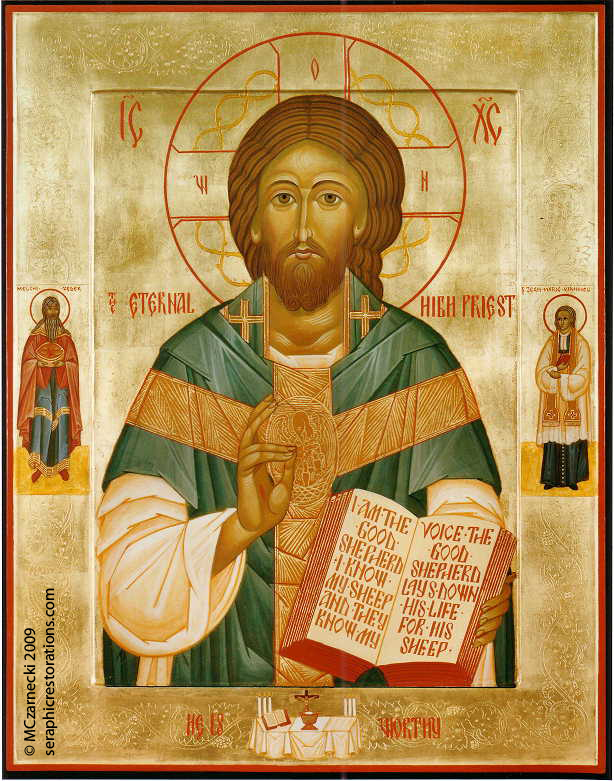Coming immediately after Christmas, the martyrdom of Stephen exemplifies the living out of all our Advent and Christmas themes, especially of being prepared to meet the Lord by living each day expectantly and dauntlessly. Stephen so lived in Christ and with Christ that there was no room in his heart for fear, malice, revenge and hatred, even when being stoned to death. So Christ-like was he that his last words were not dissimilar to those uttered by Christ on the cross, "Lord, do not hold this sin against them."
Marianne Dorman
To St. John's Day and the 2nd day of Christmass
